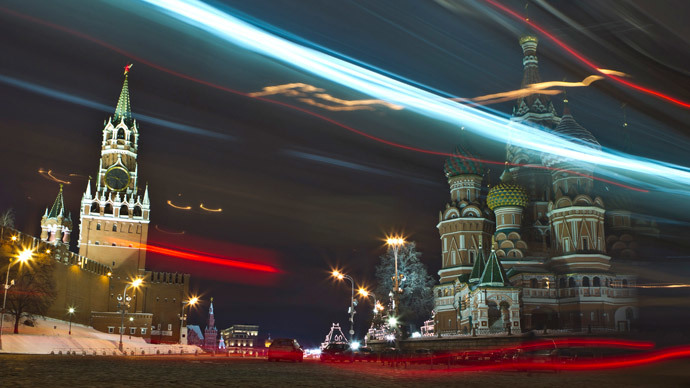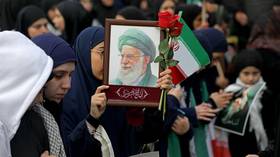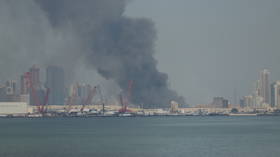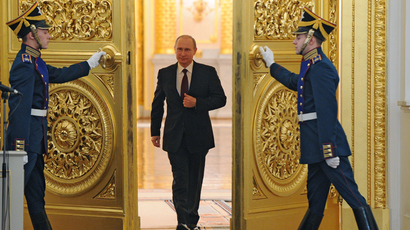Russia’s new international policy puts priority on bilateral relations

Russian President Vladimir Putin has outlined his vision for the country's future foreign policy; the ultimate objective is to defend and promote Russia's national interest by focusing on bilateral cooperation.
The presidential decree published on the government web portal on Monday marks a change from the previous approach that prioritized multi-national contacts and programs. The decree also emphasizes the importance of getting the maximum return from international aid provided by Russia.
“The accumulated experience in the area of international cooperation and donor potential allows Russia, while developing the tested formats of participation in the international cooperation and multi-national projects, to put more emphasis on bilateral aid programs and determine aid recipients by following the provisions of the National Security Strategy and the Foreign Policy Concept of the Russian Federation,” reads the presidential decree.
The priority of future Russian aid projects are members of the Commonwealth of Independent States - the bloc uniting Russia’s closest allies among post-Soviet republics, and also separate nations that are following the policy of neighborly and allied relations, like Abkhazia and South Ossetia.
The new concept also covers the states that have a long history of friendly relations with Russia, the ones that participate in common economic and social projects, and also developing countries if cooperation with them suits Russia’s national interests.
The document has been drafted by the Rossotrudnichestvo or Federal Agency for Compatriots’ Issues – the organization that deals with the international Russian diaspora.
The head of the agency, Konstantin Kosachev presented the new approach at an international conference in Mexico last week, when the decree was still being considered by the presidential administration.
“We are starting to look for targeted projects that would operate under the Russian flag, to make it clear where the funds and technologies come from, to make this work not just an abstract humanitarian mission, but also a promotion of the national interests of our state,” he said.
Kosachev added that currently about 70 percent of Russian international aid is allocated for multi-national programs.
The agency head promised Russia would increase the overall amount spent on international aid from the current 0.03 percent of Gross National Product to 0.1 percent by 2020.














